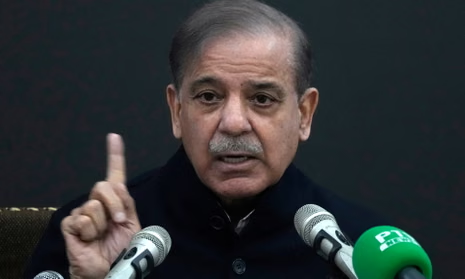Now Reading: EU Proposes Sanctions and Tariffs on Israel Amid Gaza Conflict
-
01
EU Proposes Sanctions and Tariffs on Israel Amid Gaza Conflict
EU Proposes Sanctions and Tariffs on Israel Amid Gaza Conflict

The European Union has taken a significant step in response to the ongoing conflict in Gaza by proposing sanctions and tariffs targeting Israeli imports. This move marks a sharp escalation in the EU’s stance, reflecting growing frustration over the prolonged nature of the war.
Sanctions and Tariffs Overview
The European Commission has proposed suspending the EU-Israel free trade agreement, which currently allows certain Israeli goods to enter the EU without tariffs. The suspension would affect approximately €5.8 billion ($6.87 billion) in Israeli exports, potentially generating €227 million annually in tariffs. Additionally, sanctions targeting key Israeli officials and entities have been proposed, including asset freezes and travel bans.
Political Reactions and Implications
The proposal has elicited varied responses within the EU. While some member states support the measures, others express reservations, citing concerns over potential economic repercussions and the impact on diplomatic relations with Israel. The outcome of the proposal will depend on the consensus among EU member states, which remains uncertain.
Global Context and Indian Perspective
The EU’s proposed actions come amid increasing international scrutiny of the Gaza conflict. In India, the situation has drawn attention due to its humanitarian implications and the broader geopolitical dynamics in the Middle East. India has historically advocated for a balanced approach, supporting Palestinian rights while maintaining diplomatic relations with Israel.
Conclusion
The EU’s proposed sanctions and tariffs represent a significant development in the international response to the Gaza conflict. As discussions continue, the global community watches closely, anticipating the potential impact on regional stability and international relations.

























